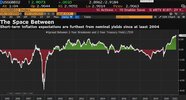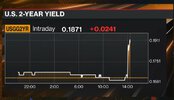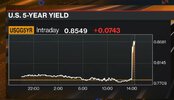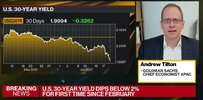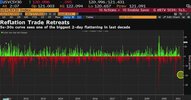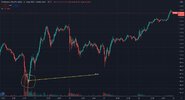- Joined
- 3 July 2009
- Posts
- 27,709
- Reactions
- 24,655
I don't think people have though about the ramifications of what was recently proposed, with regard to tax breaks and incentives for landlords of new build rentals, that would have pushed the gap between rich and poor to new heights IMO..Big indicator to the beginning of the end imo. Just look at any other south American Communist sht hole and how it all began to unravel.
Any changes to the tax breaks on property IMO, have to be universal to maintain relativity between dwellings.
There is no point crashing established home prices, while increasing new build prices, that just makes it more difficult to get from a house suitable for a couple, to a house suitable for a family.


